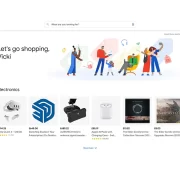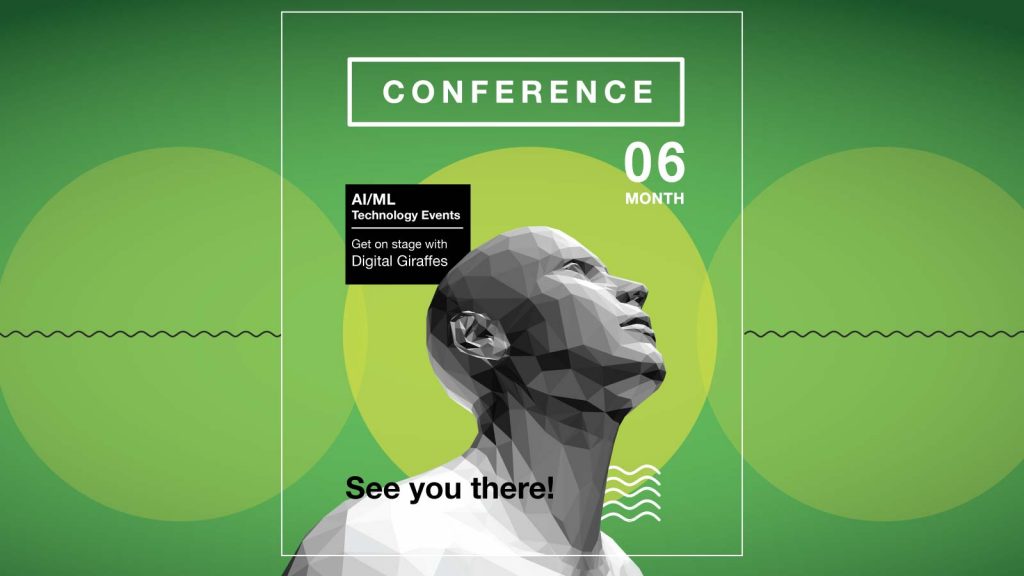If your business is successful, or at least you are, all sorts of people will want to know how and why.
This kind of interest is natural, especially in the fast-moving tech field, where an especially innovative new product or service could literally lead to millions of dollars in profit, maybe not overnight, but rather quickly.
We all know, though, that it takes all sorts of factors for a company to take a good idea and turn it into a product or service people are excited to spend money on, and for a certain brand to jump out of the crowded pack to surge ahead.
Some of this knowledge to make this happen can be taught in schools, and some comes from experience in putting together the right team and the right financing, regardless of whatever you’re selling. Plus, there are also random forces and timing that may cause one venture to get extra attention while something similar doesn’t get the same notice.
All of this creates curiosity, starting with tech industry peers wondering what you’re doing differently than they are. Other peers may want to consider collaboration opportunities. Venture capitalists could be interested in future opportunities for investment, capitalization and good returns. Media and market/industry analysts would want to know more so they can educate their readers about upcoming opportunities. Job seekers may want to know what it’s like to work for you.
One especially interested audience could be the dreamers: the people with their own good ideas who want to learn your formula to see if they can perhaps do something similar.
There are various ways to satisfy this curiosity, and one of the easiest is by sharing your knowledge at tech conferences. These events are always taking place and always need speakers.
You don’t even have to be a tech superstar to speak on stage either – because there are so many facets of this dynamic industry, sometimes people may want to hear about innovation in one particular sector, especially something that can help their business save money, make money, or give them motivation to continue – or maybe change course.
Have you come up with a better way of handling customer orders and processing payments? Are you considered a good place to work? Do you have a better understanding of IP and the modern patent process? Are you especially knowledgeable about security or mentoring or supply chains? Have you had unique experiences that make entertaining stories?
All of these could make you a great draw as a speaker for events and build your personal and company brand in the process.
Showing Thought Leadership
Being invited as a speaker provides credibility about your business as well as your knowledge of the subject. It also could be a chance for guests to hear your passion. If you’ve been in the industry for a long time, you must have parts you enjoy about it. Share why you are interested in certain areas of tech.
As much as people like hearing someone’s formulas for success, especially startups, they also like being inspired by others. Even if the core lessons are the same – usually “work hard” and “network well” – there are so many variations on how to do this.
A thought leader also shows a deeper understanding of the industry, which also allows you to speculate on what can be coming ahead. You don’t have to be 100% accurate about the future but can still speak fairly about trends, opportunities and challenges in the short term.
Essentially, being able to speak on stage can bring value to you, your company, and your message.
Building Brand Awareness
Audiences want to hear your ideas, especially tech companies, if they think you can help their personal or professional growth. But you can also benefit yourself as well. A speaking gig is a great opportunity to present your brand to a larger group of people for a small investment of time, as opposed to say, a major advertising and publicity campaign that can cost quite a lot of time and money.
Representatives from tech companies who come by to hear you speak will generally be positive and supportive and have industry knowledge, thus it wouldn’t be talking to the public at large about a subject they don’t know much about. It’s actually a targeted group who wants to know about your brand.
Speaking presents you as an expert, which you can leverage for future contacts at the event and later. It can be previewed with a news release and perhaps even be covered by tech media. You can share details of your presentation on social media afterward or even post the whole presentation online for those who couldn’t make it.
If you’re invited to speak regularly at annual conferences and industry panels, you can also use the opportunity for further self-promotion. This keeps you and your company at the top of mind and further reinforces your place as a noted expert in whatever area of tech you’re qualified to speak about – or enjoy speaking at.
Including “past speaker on X topic” on your company bio or media contacts can also increase your appeal as a possible expert, story source, or speaker at new events.
Projecting Authority
Having authority means you are able to implement your ideas, lead teams, work autonomously and be recognized and respected.
A speaking opportunity at tech conferences can be a chance to present you as a member of the technology industry that knows how to lead teams, someone with knowledge and business approaches worth following.
You can further this view by taking questions, requesting feedback, or having follow-up conversations with people.

Expanding Your Business with Lead Generation
Being listed as a speaker can expand your network or lead to positives for your company, such as more sales, more investment opportunities or even new partnerships and business relationships.
Look for ways to leverage all of this attention into follow-ups, whether it’s a call when you’re back to the office or even better, an invitation to have lunch or coffee at the conference.
Because so many events offer networking sessions and receptions, these could all be ways for you to continue to mingle and spend time with conference guests and fellow speakers. It can also be a way for potential prospects to approach you who may have attended your presentation but didn’t want to ask a question.
These personal connections made at events can go a long way. Potential clients or lasting connections on LinkedIn, or even getting to know someone you’ve only talked to remotely but have never met in person, the potential is enormous.
Overall, an invitation to speak on stage at tech conferences or other events can go a long way in improving your exposure and prominence in your respective industry. Want to take the leap and get on stage? We would love to help. Drop us a message.





